|
A lot of things we need to live, plants need, too. Many times, we are asked if we use fertilizer and chemicals on our crops, and why we use them. To start off our new series of blogs about How We Farm, we're going to address what always seems to be the elephant in the room: Why do farmers use chemicals on the food we eat? FERTILIZER USE We use fertilizer on our plants, including our pumpkins, strawberries, and raspberries. There is no danger in using fertilizer for plants. In fact, fertilizer provides to the plant some of the essential nutrients they need to grow (and many of those things are essential to our nutrition as well): Potassium, which we get from bananas (the most popular and well-known source); phosphorus, which is found in a lot of the green vegetables we try to get our kids to eat; and nitrogen, which we actually breath in from the air. What's often misunderstood is the delivery of these fertilizers. Nitrogen for example, can be a gas, liquid, and, in fertilizer form, a solid. Smarter people than us have found a way to attach nitrogen to other molecules to make it solid in a pellet form, which is how it - and other nutrients - are sometimes delivered into the soil to fertilize the plants. It can seem weird to some that these essential nutrients, found so naturally in our food, can be formed into what seems an unnatural form. But it's just a modified form of delivery that uses the different state of the matter plants need. It's basically the same concept as multivitamin - but for plants! PESTICIDES, FUNGICIDES and INSECTICIDES (referred to broadly as "chemicals") It's not necessarily that we like using these on our crops, but it's really just that we HAVE to. If we didn't more years than not we would have a crop failure. Even though many people struggle with the idea that we use chemicals on our food, the pesticides and fungicides that we use on our crops do keep our plants healthy and alive. For example, some years strawberries can end up with a bitter taste. This is the result of a fungus. Most fungi start from spores that are naturally occurring in the soil and they get into the plants through water. Rainwater is a great conduit for fungus. The splash of water on the ground will deposit spores onto the plant. Usually once a fungus gets on a plant and takes hold, it's "game over" for the plant. The best and most effective way for us to keep fungi at bay is to use a fungicide. At the farm we use an antibacterial/anti-fungal spray on our all crops (differing slightly based on the crop we're spraying), which is similar to us washing our hands with antibacterial soap. We don't want germs on our plants any more than we want them on our hands! Pesticides are used at the farms, too. These are used mainly as a deterrent, but not a killer, of bugs. Bugs find and inhabit plants and can be seriously damaging. One way we combat bugs is crop rotation (we have a blog coming up on this soon!), but the other way is using pesticides. If you use Off! or Deet in the summer to ward off those insects, you're embracing a similar concept to what we're trying to do with bugs on plants. We don't necessarily want 'em dead, we just don't want 'em on our plants. Many people see pesticides and fungicides as bad or poisonous, and we will concede that they are not our favorite things to use on our plants. However, to provide some context, bleach and many of the other household cleaners you can find in the cabinet under the sink pack a bigger punch that the chemicals we put on our plants. We know you like sweet-tasting berries and plump orange pumpkins, so we do what we can to keep these plants healthy and happy so you can be healthy and happy, too.
If you have any questions, feel free to drop them in the comments - we'll be happy to answer them the best we can!
2 Comments
6/24/2023 06:46:12 am
I wanted to express my gratitude for your insightful and engaging article. Your writing is clear and easy to follow, and I appreciated the way you presented your ideas in a thoughtful and organized manner. Your analysis was both thought-provoking and well-researched, and I enjoyed the real-life examples you used to illustrate your points. Your article has provided me with a fresh perspective on the subject matter and has inspired me to think more deeply about this topic.
Reply
7/8/2023 01:54:32 am
Nice blog! I enjoyed reading your article. Very interesting.
Reply
Leave a Reply. |
Vesperman FarmsFun on the farm...in blog form! Archives
August 2021
Categories
All
|
|

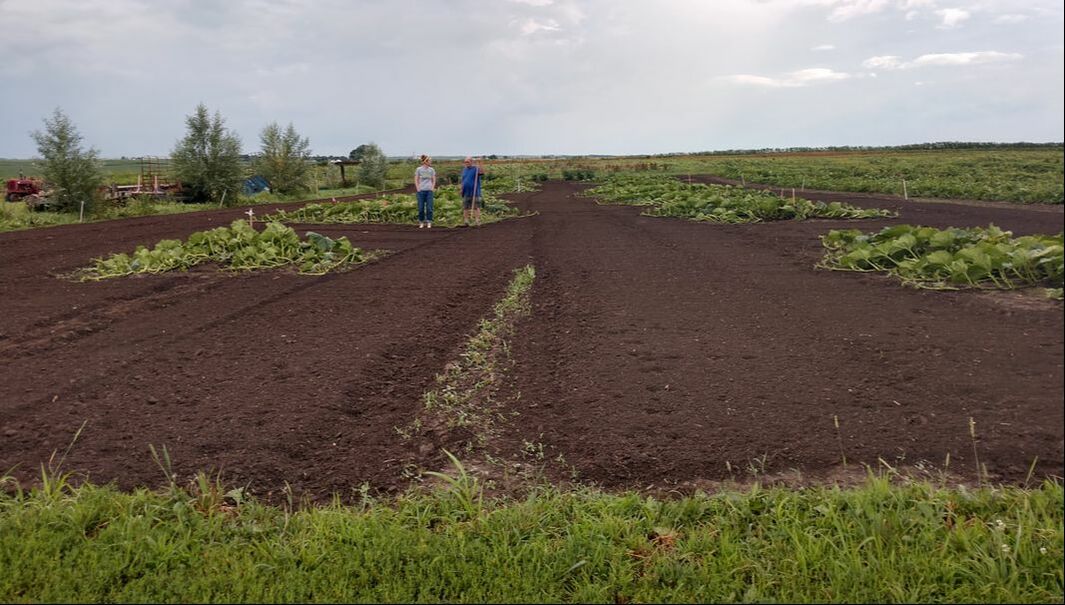
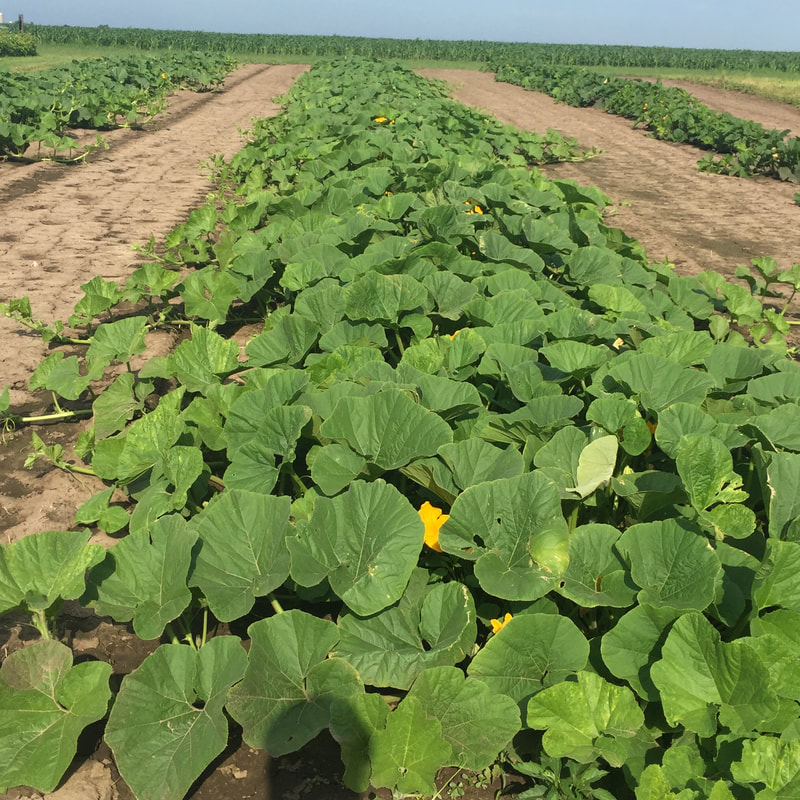
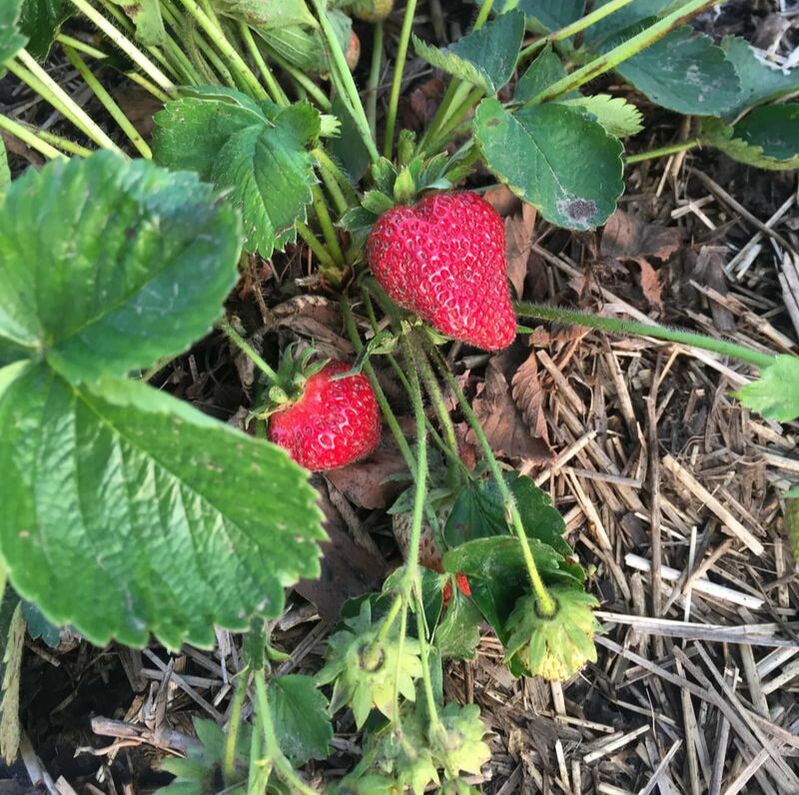
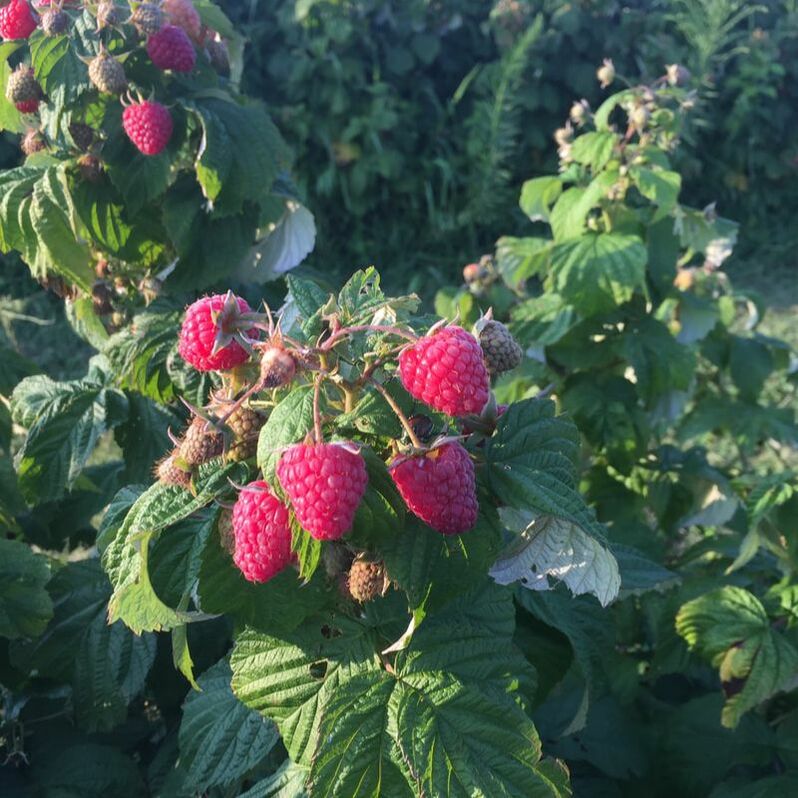
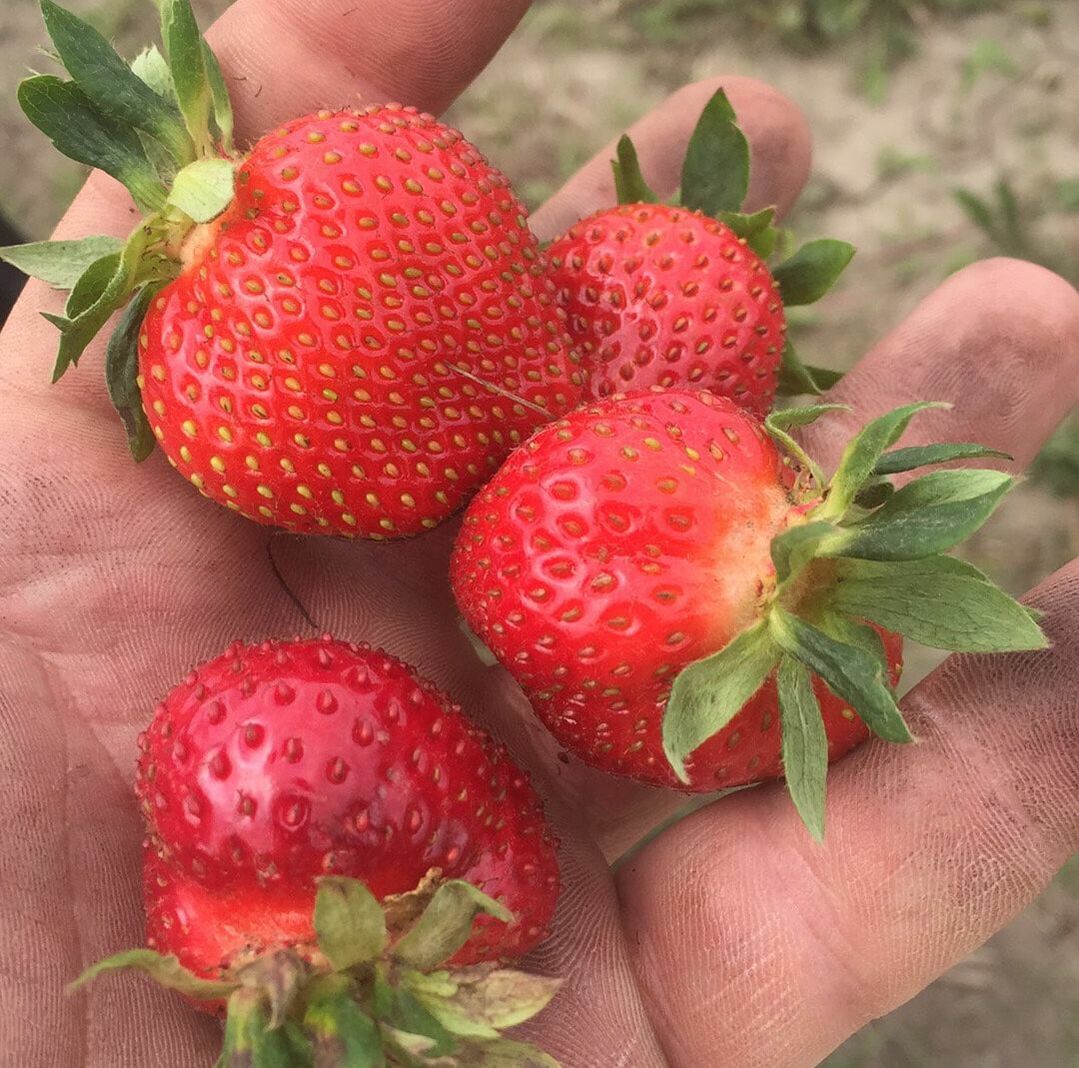
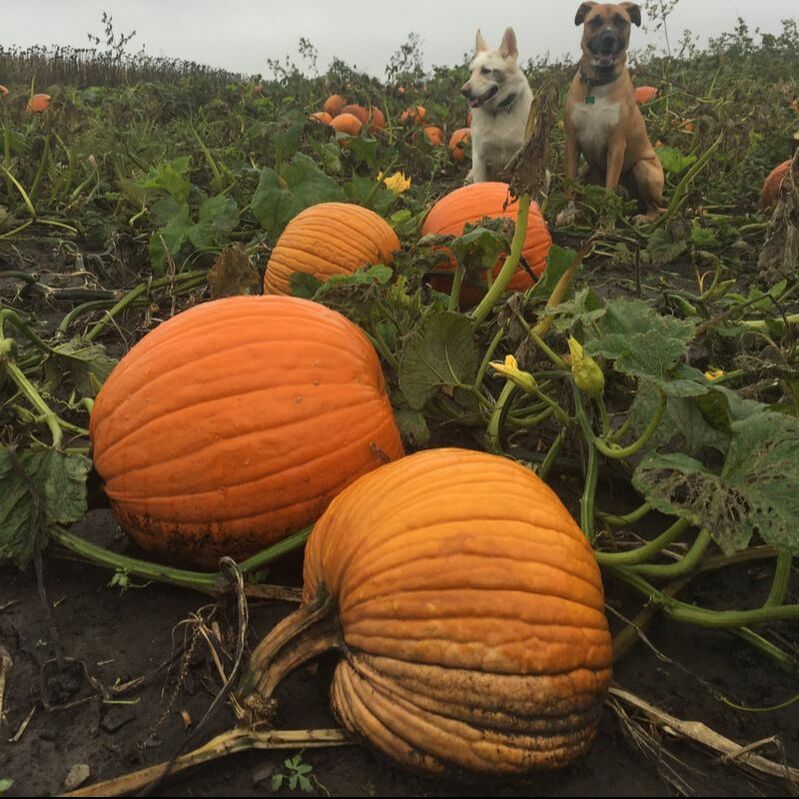
 RSS Feed
RSS Feed
